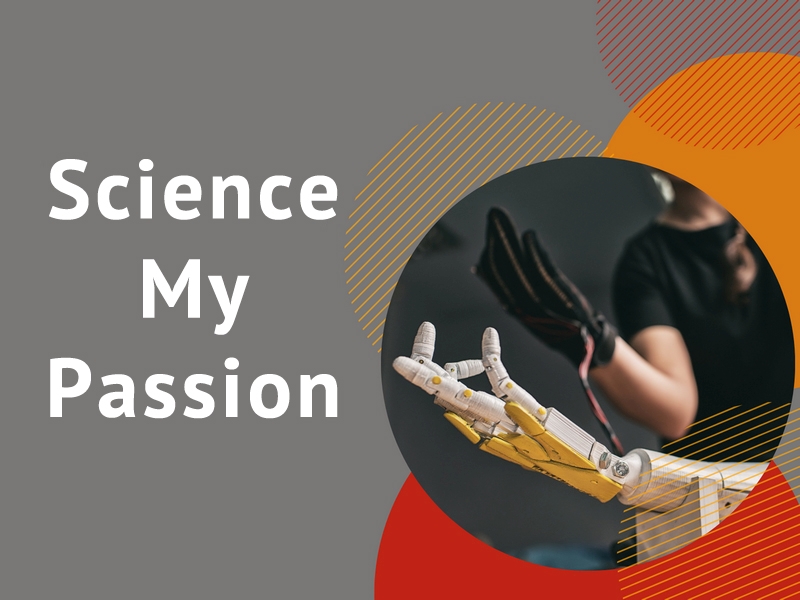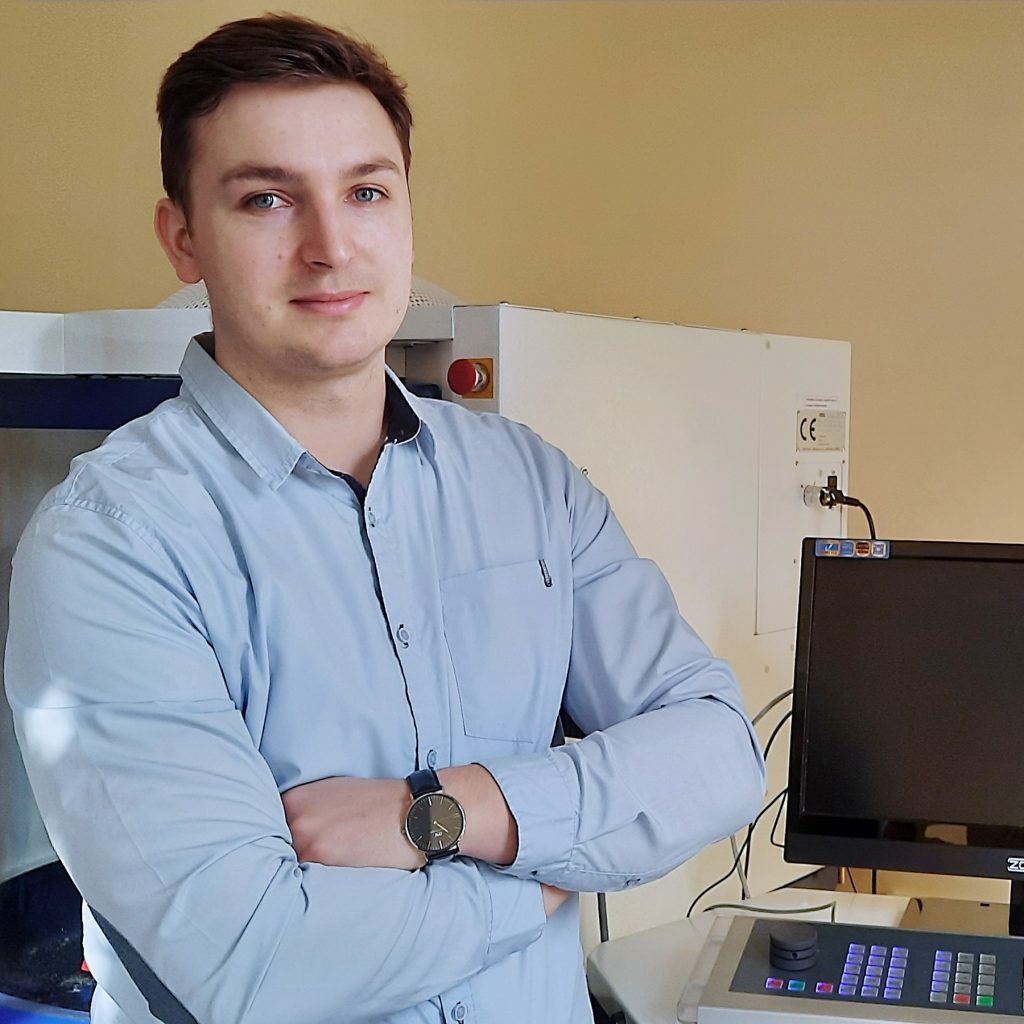SCIENCE | MY PASSION
According to the definition taken from the Polish Language Dictionary, science is complete human knowledge arranged into a system of problems, but also a set of ideas that constitute a systematic whole and comprise a specific research field.
Science is also activity: learning and teaching.
Please read the “Science | My Passion” series, where our researchers present their work and show that science and research process can really draw us in.
Why materials engineering?
First of all, it is an interdisciplinary field of science combining physics, chemistry, and even biology. It is the discipline of the future! Everything around us is made of materials: the computers we use, the vehicles by which we travel, and the buildings we live in. Of course, every single one of them has to be adapted for the particular use case and therefore has to be thoroughly tested. From its hardness to its resistance to temperature changes, and even to its ability to conduct electricity or transmit information. An artificial heart? A bulletproof vest? Those are materials too! They would not exist if not for materials engineering. There is no life without materials, and that is their beauty.
I have always been a scholar of the humanities and, unfortunately, mathematics and physics have never really clicked with me. The ladies who taught me maths at school in the lower grades would probably shake their heads in disbelief or maybe even fall right off the chairs hearing about the path I took… Fortunately, high school came, and with it came also the fascination with engineering in the broadest sense of the word, which kept on growing throughout my school and university years. Choosing university as a place to work allowed me to further pursue my passion for science. I believe that all engineering sciences have a great future ahead of them, considering the constantly changing world around us. However, it should be noted that there are no second-class degree programmes, you just need to have the passion and determination to pursue your goal and you will be able to succeed in any field. After all, where there’s a will there’s a way.
In materials engineering, I was particularly surprised by the endless possibilities for producing new and better materials. A material whose properties are unsuitable for one application may be very useful for another. In other words, there are no inferior materials, only the inappropriate use.
What do I love about it? The final results (as I think everyone does). Of course, they are sometimes preceded by long, strenuous work, but when I finally achieve the intended (often unintended) goal, I get enormous satisfaction from it. What I also love about science is its unpredictability. Hardly ever we get the results we expected, it often turns out to be the opposite of what we thought at the very beginning.
In my scientific work, I mainly deal with the modification of light metal alloys. I have managed to significantly improve the performance of an aluminium alloy by creating an oxide layer and then reducing its wear through thermo-chemical treatment and linking its properties to surface wettability.
Thank you for reading this entire post







